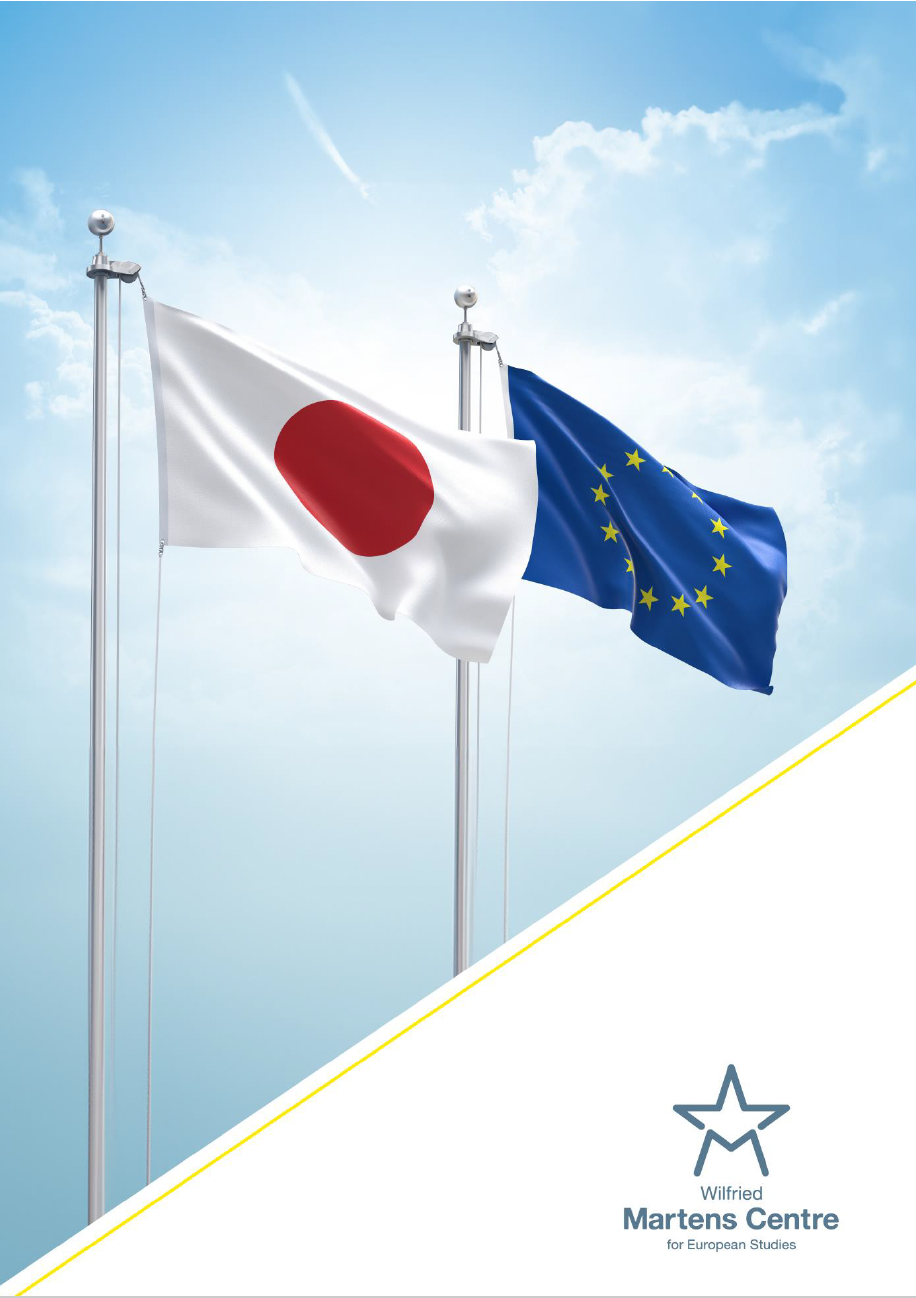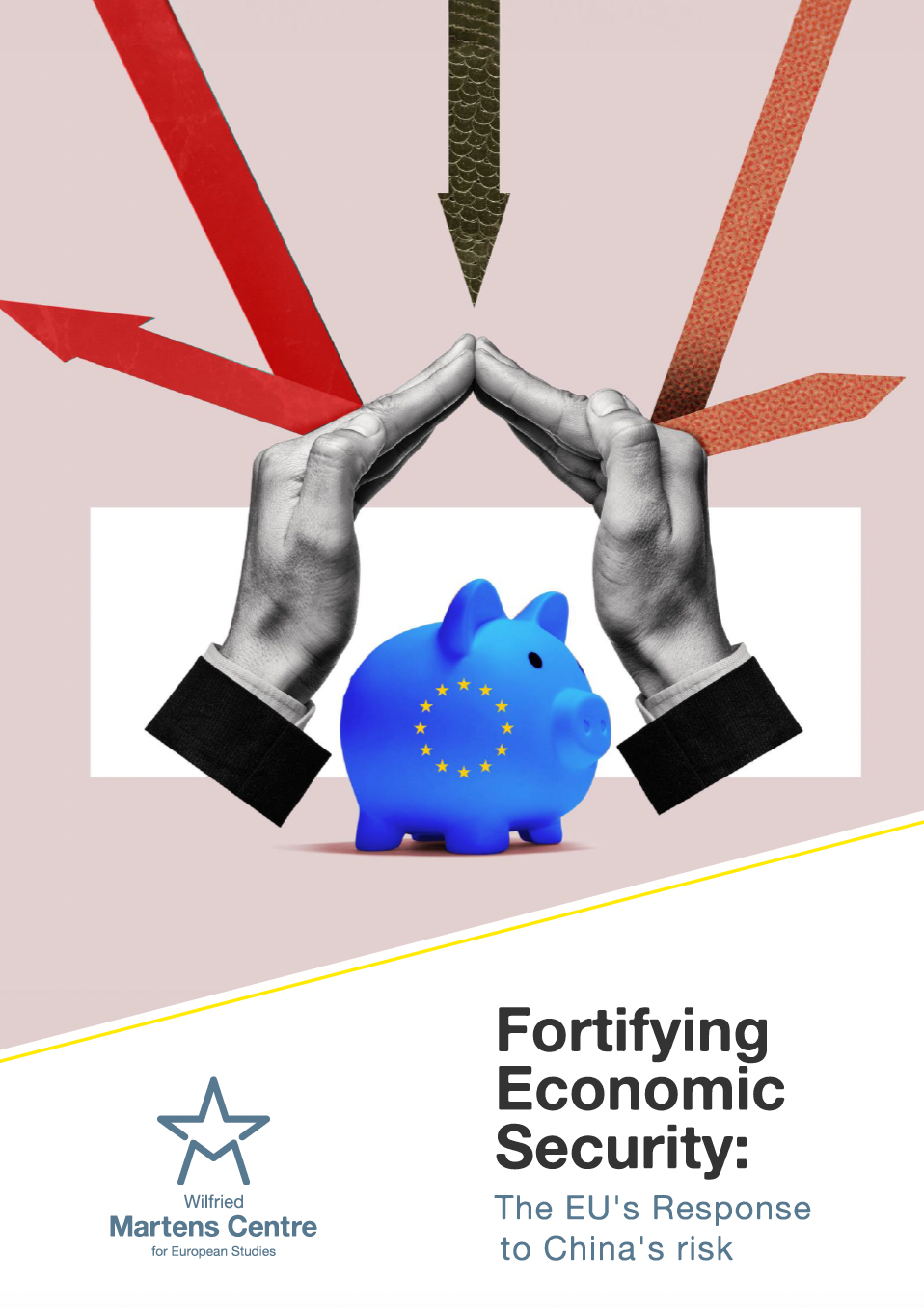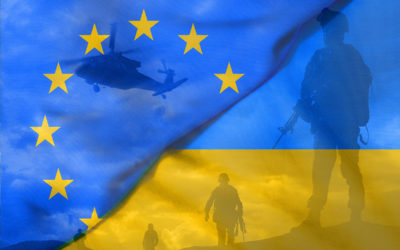Iran-US standoff: A missed chance for the EU to speak with one voice
15 January 2020
In international affairs, the year 2020 has begun dramatically. On 3 January, the US killed Iran’s most powerful military commander, General Qasem Soleimani, in a targeted airstrike in Iraq. The strike came only days after protesters had assaulted the US embassy in Baghdad in an attack for which the Pentagon blamed Iran and Soleimani in particular.
Iran retaliated on 8 January by hitting American air bases in Iraq with missiles. No American troops were killed and Washington has seemed to accept them as a tit-for-tat response for the earlier strike on Soleimani. Yet, the standoff has also produced casualties: hours after the missile strikes, Iran accidentally shot down Ukrainian International Airlines flight PS752, killing all 176 people on board.
As tensions between the US and Iran have peaked, the EU has found it challenging to play a meaningful diplomatic role in the Middle East, despite the fact the region is located on its own doorstep. The Union’s response has been—as it often is when the EU is confronted with a crisis—haphazard and devoid of strategy.
The EU has made little effort to speak in one voice. Following the American strike on Soleimani, EU leaders issued different and poorly coordinated statements. The first one to do so was European Council President Charles Michel, who emphasised that further escalation needs to be avoided ‘at all cost’. His statement was followed by additional reactions from High Representative Josep Borrell and the President of the new ‘geopolitical’ European Commission, Ursula von der Leyen.
Confusion over who is really speaking for “Europe” was increased further by the separate diplomatic initiatives of France, Germany and the UK—the “E3” European signatories of the Joint Comprehensive Plan of Action (JCPoA) on Iran’s nuclear programme. At the height of the standoff, France spoke to Iraq, Germany engaged Iran and the UK put the Royal Navy on standby in the Gulf. The E3 also released a separate joint statement to add to the pile of European reactions.
As tensions between the US and Iran have peaked, the EU has found it challenging to play a meaningful diplomatic role in the Middle East, despite the fact the region is located on its own doorstep.
The various European statements have two things in common. First, they emphasise the need to de-escalate tensions in the Middle East in order to avoid a spiral of violence. Second, they emphasise the need to preserve the JCPoA, which has been on life support ever since the US decision to withdraw from it in 2018. Yet, Europe doesn’t seem to be in a strong position to impact the former and the latter seems little more than a dead letter, especially after Iran announced that it would no longer abide by the JCPOA’s uranium enrichment limits.
EU foreign ministers did discuss the situation in the Middle East in an extraordinary Foreign Affairs Council (FAC) meeting on 10 January and they mandated the High Representative to carry out diplomatic efforts with all parties to the standoff to contribute to the de-escalation of tensions. Beyond this, the outcomes of the FAC were meagre (i.e. call for de-escalation and restraint, rhetorical support for Iraq’s stability and the preservation of the JCPoA).
The most significant European move took place on 14 January when the E3 triggered the JCPOA’s dispute resolution mechanism in order to bring Iran back into full compliance with the agreement. High Representative Borrell will oversee the dispute resolution process but the EU doesn’t seem to have an Iran strategy beyond the preservation of the JCPOA, which may well collapse entirely if the process fails and UN sanctions are re-imposed on Tehran.
The causes of Europe’s strategy deficiency are multiple and would take an entire book to address sufficiently. However, it suffices to say here that the EU suffers from multiple problems. These include, inter alia, a leadership vacuum in foreign policy, difficulties in taking decisions that do not create positive win-win outcomes, an unwillingness to make political sacrifices in international affairs, and a lack of appetite for strategic thinking.
None of these problems can be fixed with a single silver bullet such as expanding the use of Qualified Majority Voting (QMV) in EU foreign policy. This is because the Union’s problems are either structural in character or rooted in strategic culture, which means that they cannot be overcome by simply moving away from unanimity decision making in the Council.
Yet, there are things the EU could do. The current practice in which the presidents of different EU institutions issue separate statements on major foreign policy events should stop. This is confusing to audiences both within and outside the EU who seek to understand the Union’s position on a given issue. Ideally, there should be a single joint statement by the President of the European Commission, the President of the European Council and the High Representative if a statement by the latter alone is considered insufficient.
There should also be a permanent operational contact group consisting of the major European powers, which inevitably are expected to take charge in a crisis. It could take the form of a European Security Council, under the umbrella of which major European countries could coordinate their diplomatic activities. Such a structure could be based outside the EU to make it politically feasible to include post-Brexit UK as well.
The current practice in which the presidents of different EU institutions issue separate statements on major foreign policy events should stop.
Finally, there should be a permanent EU level strategy development process, which should lead to the adoption of a new European Security Strategy (ESS) every five years. At the moment, documents such as the 2016 EU Global Strategy (EUGS) are developed on ad hoc basis whenever the member states have an interest in them. This is why there was a 13-year gap between the 2003 ESS and the 2016 EUGS. A more formalised process would push the EU to think about what it wants to achieve on the world stage in regular intervals.
These are small steps, but smalls steps are preferable to doing nothing. The risk is that Europe will continue to sink into further strategic irrelevance and that EU foreign policy will be reduced to empty slogans, hollow statements and photo opportunities.
At a time when tensions in the Middle East remain high, when Russia continues to be assertive, when China’s rise is challenging the established international order, muddling through—Europe’s default foreign policy strategy—should be rejected as an option. Continuing to follow it would be detrimental to Europe’s ability to defend its interests as well as those of its partners.
ENJOYING THIS CONTENT?




















